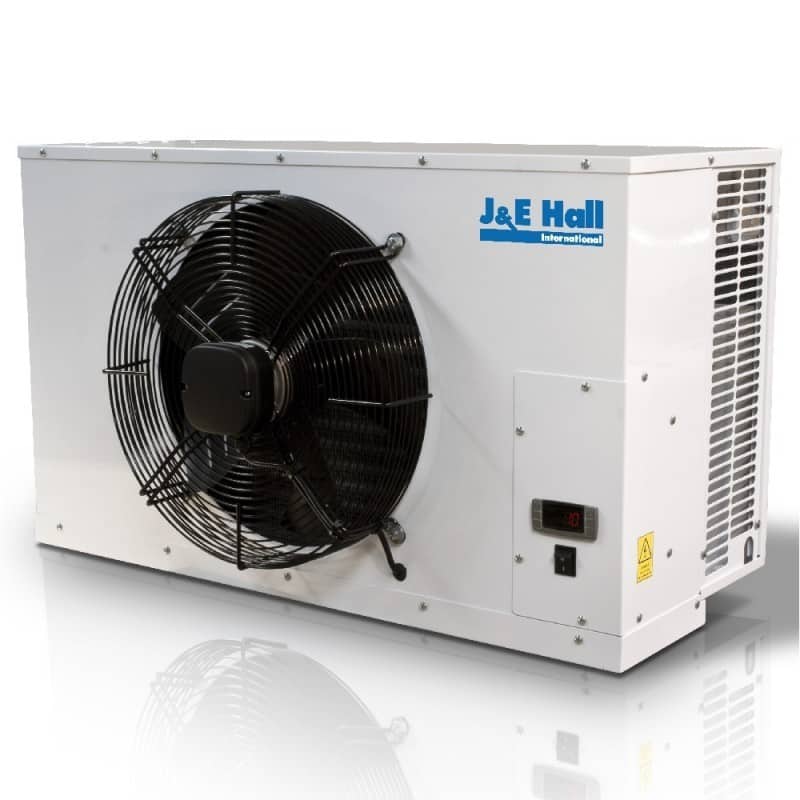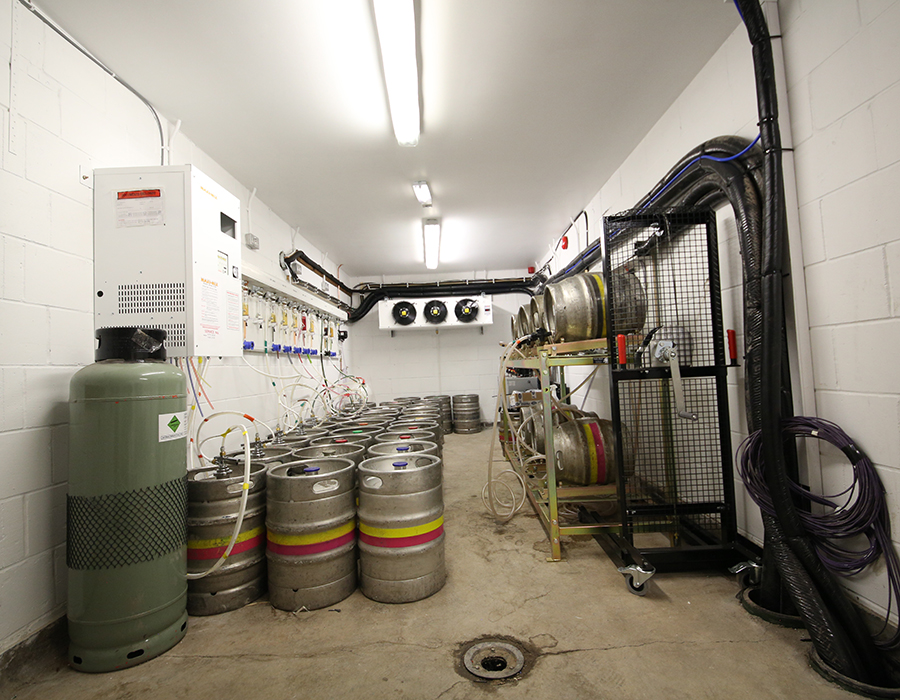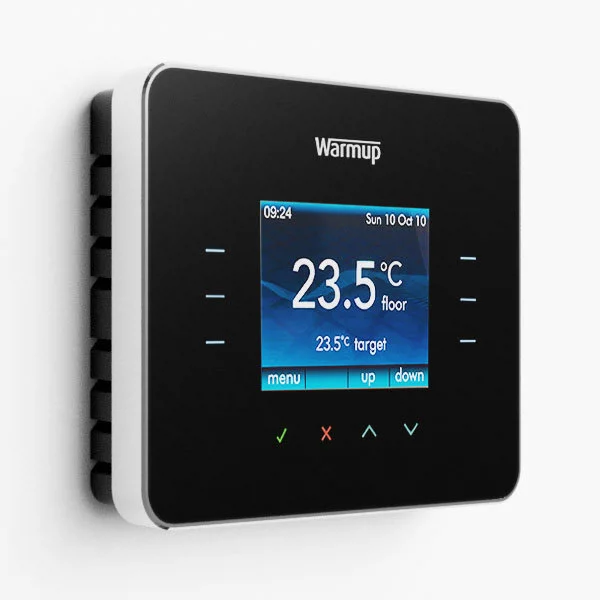Cellar Cooling Systems
Choosing the Right Cellar Cooling System – A Complete Guide
Whether you run a busy bar, manage a restaurant, or simply want to store wine or beer at home in ideal conditions, having a reliable cellar cooling system is essential. It’s not just about keeping things cold—it’s about maintaining the perfect environment for long-term storage and consistent product quality.
In this article, we’ll explore what a cellar cooling system does, the different types available, and what to consider when choosing one for your premises. If you’re serious about temperature control and product preservation, this guide is for you.

The Benefits of a Cellar Cooling System

Temperature Control
Preservation of Wine Quality
Humidity Regulation
Prevention of Wine Spoilage
Extended Aging Potential
Energy Efficiency
Humidity Regulation
Customised Solutions
Quiet Operation
Reduced Risk of Mold and Mildew
What Is a Cellar Cooling System?
A cellar cooling system is a refrigeration unit specifically designed to maintain a consistent temperature and humidity level in a beer or wine cellar. It works by removing heat from the cellar and releasing it outside, much like a standard air conditioning system—but tailored for low temperatures and high humidity environments.
These systems are widely used in:
-
Pubs and bars for beer storage
-
Restaurants and hotels with wine collections
-
Homes with dedicated wine cellars or storage spaces
-
Retail outlets and breweries storing casks and kegs
A well-maintained cooling system helps preserve the taste, appearance, and shelf life of beverages, especially in commercial settings.
Why Is a Cellar Cooling System Important?
Proper cellar cooling is vital for maintaining quality and freshness. Here’s why a reliable cellar cooling system matters:
-
Consistent Temperature – Most systems are designed to maintain a temperature between 10°C and 12°C, ideal for beer and many types of wine.
-
Humidity Control – Prevents corks from drying out (in the case of wine) and reduces spoilage risks.
-
Product Longevity – Extends the shelf life of beverages and helps reduce waste.
-
Customer Satisfaction – Ensures your drinks are served at optimal quality and taste.
In commercial environments, these systems can also help reduce costs by preventing stock spoilage.
Types of Cellar Cooling Systems
There are several types of cellar cooling systems on the market, and the best choice depends on your specific needs:
1. Wall-Mounted Systems
These are compact, easy to install, and ideal for smaller cellars or home wine rooms. They often come as self-contained units with both evaporator and condenser included.
2. Split Systems
Split systems separate the evaporator and condenser units, allowing for quieter operation and greater flexibility in installation. These are common in larger commercial cellars where noise levels and capacity are key considerations.
3. Through-the-Wall Systems
Installed directly through a wall, these are good for mid-sized cellars and offer a balance between ease of installation and performance.
4. Ducted Systems
For high-end or large-scale installations, ducted systems offer discreet, efficient cooling with minimal noise. Ideal for luxury wine cellars where appearance and acoustics matter.
Key Features to Look For
When choosing a cellar cooling system, it’s important to consider the following factors:
-
Size and Capacity – Match the unit to the volume of your cellar space. Oversized or undersized systems can be inefficient and unreliable.
-
Temperature Range – Ensure it can consistently maintain the desired temperature for beer or wine storage.
-
Humidity Control – Some models offer built-in humidification or dehumidification.
-
Energy Efficiency – Look for models with eco-friendly refrigerants and low energy consumption.
-
Noise Levels – If the unit will be located near customer areas or living spaces, quieter models are preferable.
-
Maintenance Requirements – Choose systems with accessible filters and easy service features.

Professional Installation Matters
Although some systems are marketed as DIY, professional installation of your cellar cooling system is highly recommended—especially for commercial environments or split units. Proper setup ensures:
-
Efficient cooling
-
Safe operation
-
Compliance with local regulations
-
Extended equipment lifespan
A specialist installer can also advise on ventilation, insulation, and the best system type for your specific cellar layout.
Maintenance Tips
Once installed, regular maintenance of your cellar cooling system is essential. Keep these tips in mind:
-
Clean filters regularly to maintain airflow and cooling efficiency.
-
Check refrigerant levels annually for optimal performance.
-
Inspect for leaks or blockages in drainage lines.
-
Book annual servicing with a qualified technician to prevent breakdowns.
Well-maintained systems perform better, use less energy, and reduce the risk of stock spoilage.
Whether you’re preserving fine wine, storing casks of ale, or simply protecting your investment, a reliable cellar cooling system is a must-have. It ensures your cellar maintains the ideal environment for both short-term serving and long-term storage.
From compact wall-mounted units to powerful split systems, there’s a solution for every cellar type and budget. Just be sure to choose wisely, install professionally, and maintain regularly—and your beverages will stay cool, fresh, and ready to serve.
